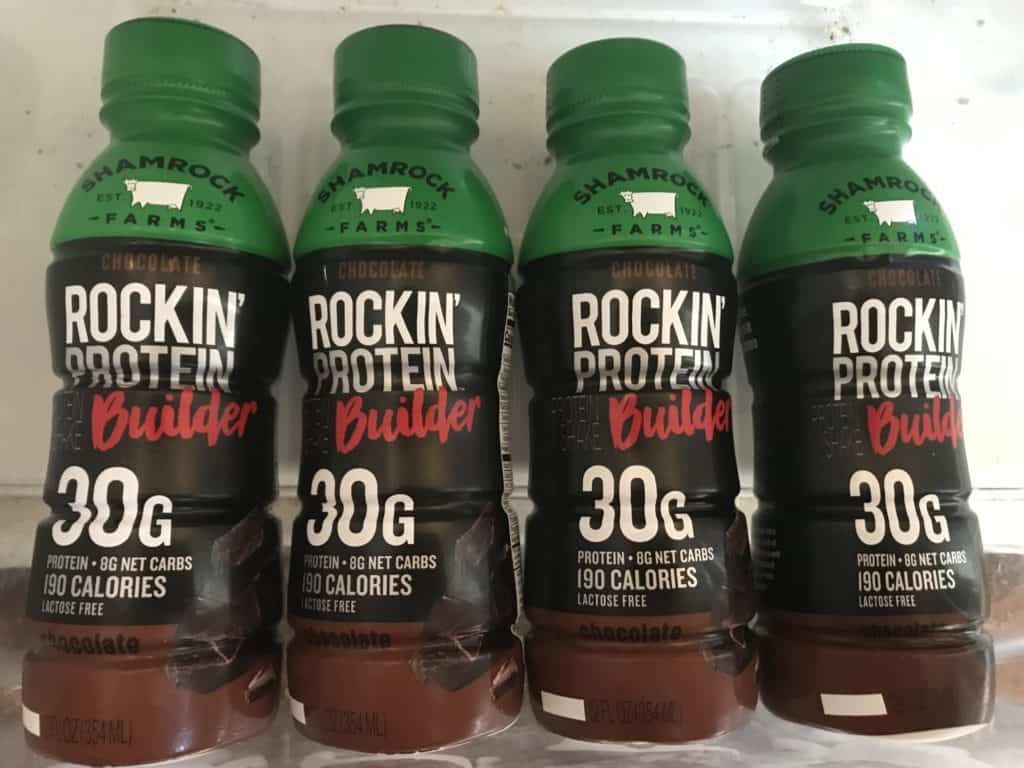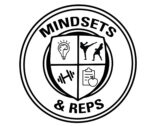
Supplement manufacturers may lead you to believe their product will have you looking like a fitness model in a matter of weeks. Outrageous marketing aside, there are supplements that provide a tangible benefit, backed by research studies.
But there comes a point where the consumer has to decide between necessity and luxury; what they need versus what they want. Most companies have an array of products, which can be overwhelming for someone unfamiliar with them.
The first supplement most people start out with is a protein powder. Protein supplements are no longer confined to sports nutrition retailers like GNC or Vitamin Shoppe. They are ubiquitous in the retail space; found in supermarkets, convenience stores, and even gas stations.
But how necessary are protein powders in order to build muscle?
Protein is the macronutrient responsible for muscle growth and repair. While not a necessity, protein supplements are beneficial in helping one reach their daily protein goals. This can be difficult to achieve with only whole foods.
The standard for daily protein consumption with the goal of building muscle mass is one gram per pound of bodyweight (with the exception being a person who is overweight or obese). This can be hard to reach with just food.
In general, people greatly overestimate their protein intake. When they get serious about their diet and start weighing and tracking food, it becomes apparent how challenging it can be to get sufficient protein every day. Sometimes you just don’t want to choke down another chicken breast or plate of eggs.
This is where a protein powder is so convenient. A scoop or two in water provides 25-50 grams of protein in an instant. It’s easy to get down even if you’re not hungry.

Flavor technology has also come a long way. Gone are the days where you would have to hold your nose and chug a protein shake. Nowadays protein powders come in flavors like fruity pebbles or chips ahoy. They also mix very well; you’ll rarely need a blender unless mixing other ingredients like fruits or peanut butter.
Protein powder, particularly whey protein, scores very highly in biological value (BV). Biological value is a measure of how much protein you can absorb from a particular food. Whey protein is one of the highest, along with whole eggs.
While supplements are not FDA approved, protein powders are well researched and considered safe to consume. Some companies hold their manufacturing to high standards, with third parties coming in to inspect their facility. You’ll see certifications like cGMP on the label for these brands. There are also other certifications ensuring that the product is free of banned substances.
The supplement industry has evolved since its inception, and isn’t the Wild West like it once was. There is a standard of quality that consumers now expect when buying a product.
Do You Need a Protein Shake Post Workout?
The evidence based fitness community is a collection of people who base their reasoning and recommendations on the latest research science in the field. Evidence based isn’t some sort of formal distinction, rather just a description of people who use scientific studies to give diet and training advice.
Obviously this is a good thing, as scientific research (when done properly) can give in depth analysis on a topic. This type of research has debunked many of the common fitness myths like the need to eat 6 meals a day to boost metabolism or to not eat past 8pm to prevent fat gain.
This research has shown that a lot of the finer details when it comes to diet and exercise don’t really matter. It’s what you do over the course of a 24 hour period that makes the biggest difference, especially for muscle gain and fat loss.
However this has led to too dramatic of a shift in thinking in the other direction. Highly respected researcher Menno Henselmans has often used the term “bodybuilding nihilism” to describe this. Since the finer details aren’t necessarily crucial, he believes too many people just lift weights haphazardly and hit their macros on a daily basis.
The prevailing thought for years was that there is a limited anabolic window after a resistance training workout where muscle building could potentially occur. There is an anabolic window, but it is far longer than once believed. Rather than being an hour after training, it’s more like 24-48 hours.
This brings us back to the idea discussed in the beginning of the article between necessity and luxury.
For muscle building and recovery, while it isn’t necessary to have a protein shake immediately post workout, it’s still not a bad idea to do so.
There’s never anything wrong with the rather safe than sorry approach. It’s unlikely you’ll be leaving gains on the table if you don’t slam a protein shake immediately after training. But there’s certainly nothing wrong with having it as part of your routine. While any self righteous fitness guru who tells you it isn’t necessary to have a shake immediately post workout is technically right, don’t let anyone stop you from doing so if you wish.
Summary
Due to its unique structure compared to the other macronutrients, protein is the only nutrient that can build and repair muscle. Protein has a nitrogen component that carbohydrates and fats do not have, and an increase in nitrogen balance in the body leads to muscle growth over time.
Protein powders are arguably the most popular supplement category. Given the benefits of protein, even people who are not serious lifters may consume protein shakes regularly.
To optimize for muscle growth, most people consume one gram of protein or more per pound of bodyweight. This can be hard to obtain from whole foods alone, so many people supplement with a protein powder. The same idea applies to protein RTDs (ready to drink) and protein bars. So while protein supplementation isn’t necessary, it makes the muscle building process much easier.
